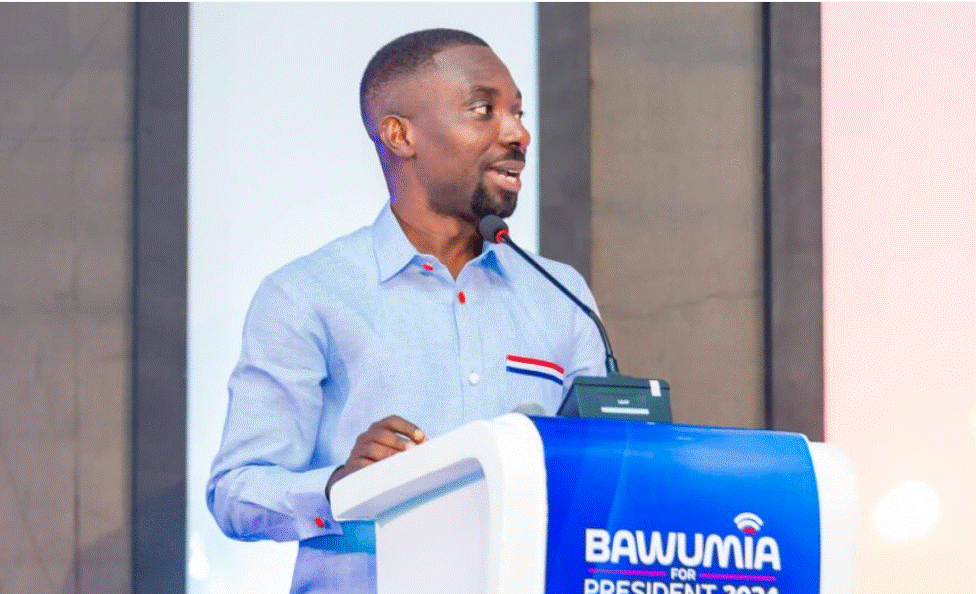
Across the world, Artificial Intelligence (AI) is becoming more popular and seeking to cover all facets of human activity.
Many countries, including some African states, are adopting this modern technology to aid their development.
Coined in the 1950s, AI refers to the simulation of human intelligence processes by machines, especially computer systems.
We can, for instance, find computer-controlled robots performing tasks commonly associated with intelligent beings.
AI, thus, refers to the development of computer systems endowed with intellectual processes characteristic of humans such as the ability to reason, discover meaning, generalise, or learn from past experience.
According to the experts, AI is a rapidly growing technical field that has the potential to change every aspect of human endeavor.
They note, however, that adoption rates vary between developed and developing nations, with Africa recording low due to some emerging challenges.
The experts point out the challenges to include skills acquisition, lack of structured data ecosystem, ethics, government policies, insufficient infrastructure and network connectivity, uncertainty, and user attitude.
AI requires a foundation of specialised hardware and software to work for the benefit of states which want to create it and this requires some amount to be able to build that foundation.
Obviously, in spite of the advantages of AI, countries that do not have the required capital will lag behind its use.
Therefore, we agree with the fact that these difficulties may have a direct influence on the development and use of AI by most African countries as they are poor and may not find it easy to build the AI foundation or infrastructure.
What that means is that at the end of the day, when other nations are using AI to boost their economic development, that of those poor African countries will stall.
It is sad to hear that with the exception of a few African nations such as South Africa, Nigeria, Ethiopia, Kenya and Ghana, very little is being done in other Africa countries.
If what the experts insists on regarding the fact that AI creation and application is capable of transforming lives and cultures in a variety of ways economically, socially, politically and what have you is anything to go by, then it is time all African countries found ways and means to build their own AI infrastructure.
Going on the side of the conservative, we would have wished that countries would maintain the option of continuing to do things their own way.
However, AI has come to stay and so every country must find a way around it to benefit from it.
Some conversations even call for states having their sovereign AI systems otherwise they will be controlled by others in the use of AI technology.
For example, it is on record that the Tony Blair Institute for Global Change, a London-based think tank, recently began advocating that the U.K. should create its own sovereign AI model, in order to be free from the control of major US-based platforms.
The institute says that will safeguard British national security and economic competitiveness. Are African nations listening?
The generative AI revolution is expected to increase global GDP by seven per cent in the next decade and if care is not taken, those profits will mostly be enjoyed by a handful of private companies dominating the AI sector.
Read Full Story









Facebook
Twitter
Pinterest
Instagram
Google+
YouTube
LinkedIn
RSS